In this article, we will discuss real-life applications of blockchain technology in healthcare, especially in those healthcare silos where significant change is needed and how blockchain will successfully repurpose those areas. By the end of this article, you will also be able to glimpse into the future of healthcare integrated with blockchain.
Let's start by understanding the definition of blockchain first.
What is Blockchain Technology?
Blockchain technology is generally defined as a decentralized system in which historic or transactional records are recorded, stored, and maintained across a secure peer-to-peer network of personal computers known as nodes. In other words, blockchain is an immutable, highly secure, digital public database.
Therefore, it is a disruptive and potent technology that has caused tectonic shifts in almost every industry.
Now that we know what blockchain means let's understand why it is the need of the hour.
Main Blockchain Functionalities
Here are the main reasons why blockchain has gained such popularity, and why is it so promising.
- A single entity does not own it; information is stored across a network of computers called nodes; hence it is decentralized.
- The data is cryptographically stored inside in hashed values.
- It provides the highest form of data security. The blockchain technology is immutable, so no one can tamper with the data that is inside the blockchain.
- While being secure, blockchain also allows full transparency to keep track of the data across all touchpoints.
5 Benefits of Leveraging Blockchain Technology in Healthcare with Real-Life Examples
Here are the major 5 benefits of leveraging blockchain technology in healthcare and how companies are doing to bring about a positive shift in the healthcare system in real-time.
Table of Contents
1. Unique Patient Identifier
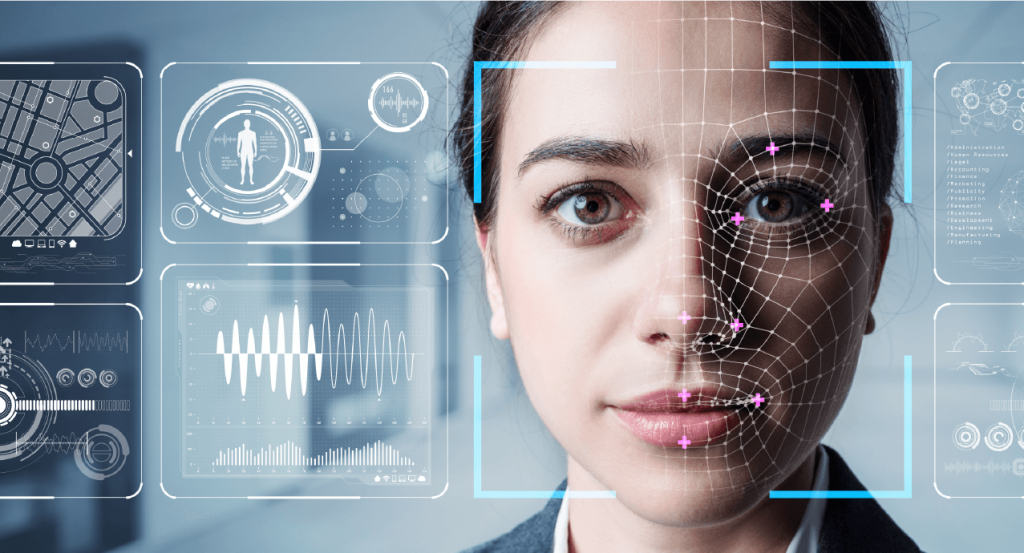
Surprisingly, there still doesn't exist a universally recognized and accepted patient identifier. This is despite the fact that organizations like HIMSS and CHIME have been striving for a universal electronic health record for almost 20 years now.
If a system were in place, vital information of each patient would be available to their healthcare providers, insurance companies, and other relevant parties, accurately.
It would help manage all relevant patient information without mixing. Thus, mitigating all the problems of mismatched patient EHRs (electronic health records), which could be fatal for patients.
Shaun Grannis, Vice President at Data and Analytics, Regenstrief Institute, Inc. and Research Scientist at Center for Biomedical Informatics, Regenstrief Institute, Inc. stresses on this problem.
He says,
"matching the right individual to his or her health data is vital to their medical." He adds, "Statistics show that up to 1 in 5 patient records are not correctly matched even within the same health care organization. As many as 50% of the patient records are mismatched when data is migrated to other healthcare systems."
While a nationwide unique patient identifier is still a dream in the U.S., some leading healthcare organizations are leveraging blockchain technology to create a centralized open-source database of patient information.
Here's one software that's leveraging blockchain technology in healthcare to create a decentralized platform to access patient information to healthcare providers.
Coral Health Research And Discovery
Vancouver, Canada
Sector: Healthcare, I.T.
Coral Health uses blockchain technology to expedite the patient-care, automate administrative processes, and improve health outcomes. It does this by inserting patient information into distributed ledger technology so that the doctors, scientists, lab technicians, and public health authorities can collaborate quicker than ever. Coral Health also implements smart contracts between patients and healthcare professionals to ensure no mismatch between patients and their medical information.
Blockchain application: Coral's blockchain technology accelerates care, automates administrative processes, and employs smart contracts between patients and doctors.
2. Tackling Counterfeiting of Pharmaceuticals Products

There is a dire need for Big Pharma to have a superlatively secure supply chain because of the nature of the product they carry. Pharmaceutical drugs are often stolen from the supply chain to be sold illegally to various consumers.
Report by PWC, Fighting Counterfeit Pharmaceuticals -- New defenses for an underestimated growing menace says, counterfeit drugs alone cost pharmaceutical companies $188 billion annually, making it the most affected healthcare the most affected industry by counterfeit products.
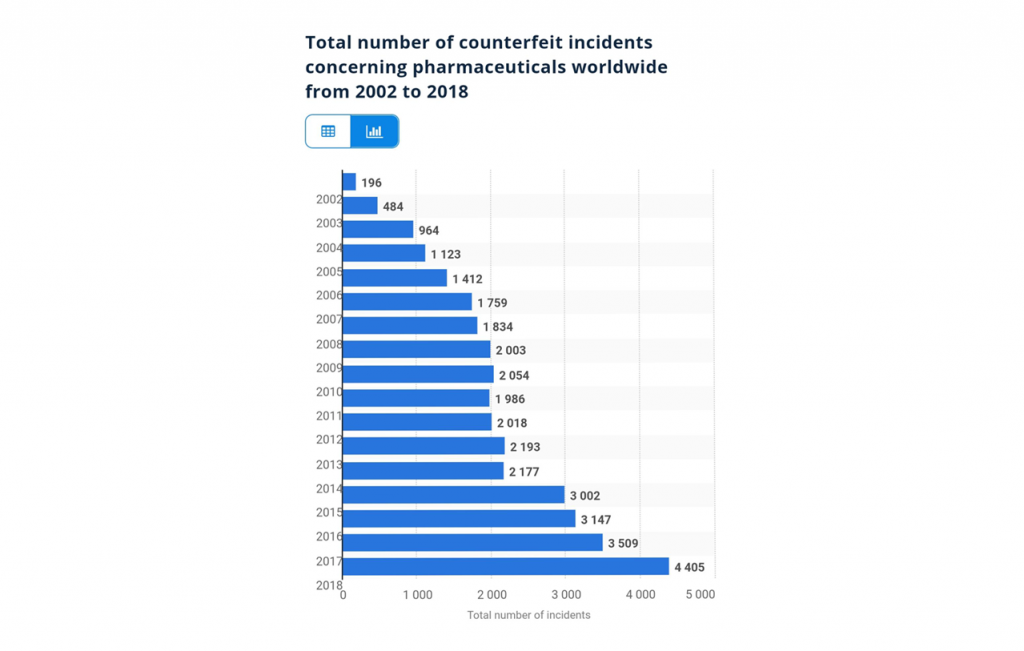
More disturbingly, the same PWC report states, a staggering 1 million number of patients die annually by toxic counterfeit products.
New tracking technological advances like transparent blockchain help pharma companies enable close tracking of drugs to their point of origin and help eliminate this counterfeiting menace.
Furthermore, blockchain technology in healthcare helps in the following ways to tackle counterfeit pharmaceuticals
- The transparency created by blockchain allows the manufacturer to precisely locate goods across the supply chain and detect any irregularity.
- Blockchain allows for special security measures for exorbitant products or controlled substances.
BLOCKPHARMA
Sector: Blockchain, Pharmaceuticals, Supply Chain
The Blockpharma solution is developed by the company Crystalchain, which specializes in blockchain traceability. Blockpharma offers a powerful solution to drug counterfeiting. It scans the supply chain and verifies all shipment points, which helps the company's app warn patients to know if they are taking fake medicines. Also, Blockpharma weeds out 15% of all drugs in the world that are fake with a blockchain-based SCM system.
Blockchain application: Through its app, the company's blockchain-based system can help prevent patients from taking counterfeit medicines.
3. Mitigating Medical Insurance Fraud

Health Insurance fraud is a gargantuan problem that affects the healthcare industry. This is due to dishonest providers and patients submitting false claims or information to receive benefits. According to the National Healthcare Anti-Fraud Association found -- Medicare fraud in the U.S. costs more than 60 billion dollars a year to the healthcare industry.
In fact, the amount surpasses losses incurred by all other kinds of fraudulent activities.
Jack Liu, CEO of ALLIVE, another intelligent healthcare ecosystem based on blockchain technology, believes that the blockchain will effectively mitigate this problem.
According to him,
"a blockchain environment can mitigate a large portion of such fraud. After providers and patients enter their information and data -- blockchain verifies it, records it, and stores it and ensures health insurance companies have access to that data."
Moreover, since all the data would be stored in a secure decentralized infrastructure, it won't be possible for hackers to intrude on the system and get their hands on any data. This keeps the system leak-proof and also ensures the privacy of the patients.
Here's a real-life use case of how blockchain technology in healthcare can help insurance companies prevent fraudulent claims.
SURETY.AI
Central Singapore
Sector: Enterprise App, A.I., blockchain, health insurance
Surety.ai by Hearti.io is for insurance companies that are closely tied to healthcare or other healthcare services. It effectively checks medical records and insurance claims to prevent fraudulent practices and fake claims.
Blockchain application: It leverages blockchain technology to help claim handlers to identify fraudulent claims quickly.
4. Patient Data Safety

Safety and security of medical data is the most popular blockchain healthcare application. And that's not surprising. Security breaches have become a grave concern in the healthcare industry.
According to HIPAA, from 2009 and 2017, more than 176 million patient records were exposed in data leaks in the form of credit card and bank details and health and genomic test records.
Blockchain is the most potent technology to ensure data safety. It's ability to keep a longitudinal, incorruptible, decentralized, and transparent log of all patient data that makes it the right security solution for healthcare organizations.
While blockchain is transparent, it is also private. It hides the identity of all patients with hashed codes along with their sensitive medical data. The patients are identified through their hash I.D., which will also be their unique identifier.
Blockchain helps create a healthcare institute network where they don't own a patient's personal or medical data. The data in its entirety belongs to the blockchain.
Furthermore, the technology's decentralized nature also allows patients, doctors, and healthcare providers to transact information efficiently.
FACTOM
Austin, Texas
Sector: I.T., Enterprise Software
Factom's products help the healthcare industry safely save patients' digital records on the company's blockchain platform that is exclusively accessible only by healthcare administrators and hospitals. Additionally, physical medical documents can be equipped with Factom security chips that carry data about a patient. This private data is accessible only by authorized people on their consent.
Blockchain application: Factom leverages blockchain technology to store digital health records of patients safely.
5. Research in Genomics for Human Healthcare

Genomics has tremendous potential. Their capacity to enhance human healthcare is now a scientific and financial reality. According to the National Human Genome Research Institute, in 2001, it cost $1 billion to process a human genome, while today it costs about a mere $1,000.
Companies like Ancestry.com and 23andMe are bringing DNA tests that can tell people hidden clues about their health to millions of households.
Ancestry.com helps you know how diverse your DNA is and allows you to unravel deeper stories about your origins (more precisely).
23andme can help you find which ancestors are responsible and to what extent for your bald spots or even your freckles through DNA inheritance testing.
Blockchain is the right technology for the growing body of research in genomics as it houses billions of genetic data points securely. Blockchain also facilitates a genuine marketplace where people can volunteer to share or sell their encrypted genetic information to add to a broader database, accelerating scientific work faster than ever before.
Here's how one company uses blockchain technology in healthcare by providing a secure space for selling and buying genetic information.
ENCRYPGEN
Coral Springs, Florida
Sector: Blockchain, Data-Sharing
The EncrypGen Gene-Chain is a blockchain-based platform that allows for the searching, sharing, storing, and even buying and selling genetic information. To ensure data safety of people's shared genetic information, it enables only it's member companies to purchase the genetic information using safe, traceable DNA tokens. These member companies can use this genetic information to enhance their genetic knowledge and bring advancement in the research for human wellbeing.
Blockchain application: The company's blockchain platform facilitates easy selling and buying of human genetic information for research purposes in a highly secure manner.
Conclusion
According to a report by BIS Research, if blockchain technology in healthcare is efficiently integrated by 2025, it can save up to $100 billion per year in --
- data breach-related costs,
- I.T. costs, operations costs,
- support function,
- personnel costs,
- counterfeit-related frauds,
- and insurance frauds
The report also emphasizes on the use of a global blockchain in healthcare. It predicts that the blockchain technology in healthcare will grow at a CAGR of 63.85% from 2018 to 2025 and valued at $5.61 billion by 2025.
Furthermore, the maximum use of blockchain would be for healthcare data exchange, and it will thus contribute the largest market share at least until 2025, reaching a value of $1.89 billion.
This will solve the most widespread healthcare-related problem of mismatched patient data, no unique identification, counterfeiting, and improper information sharing.
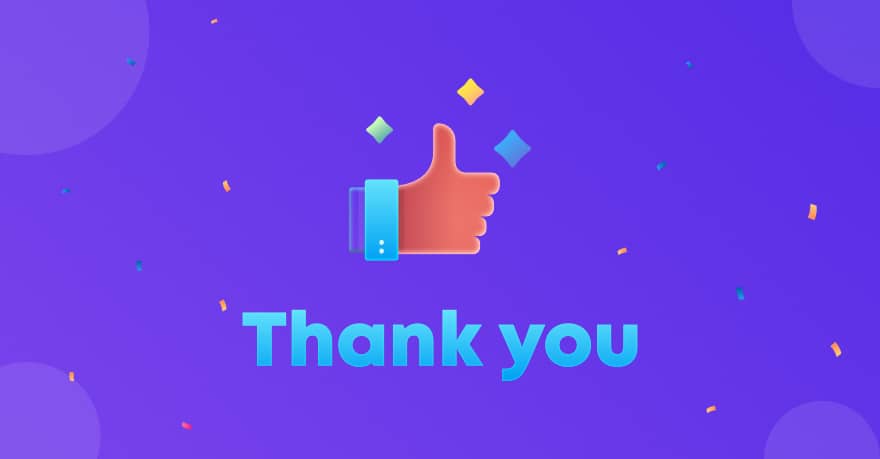
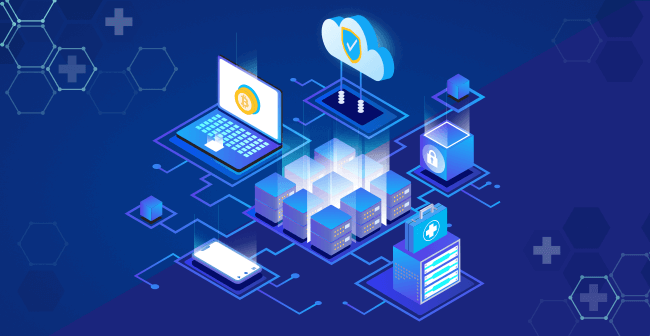
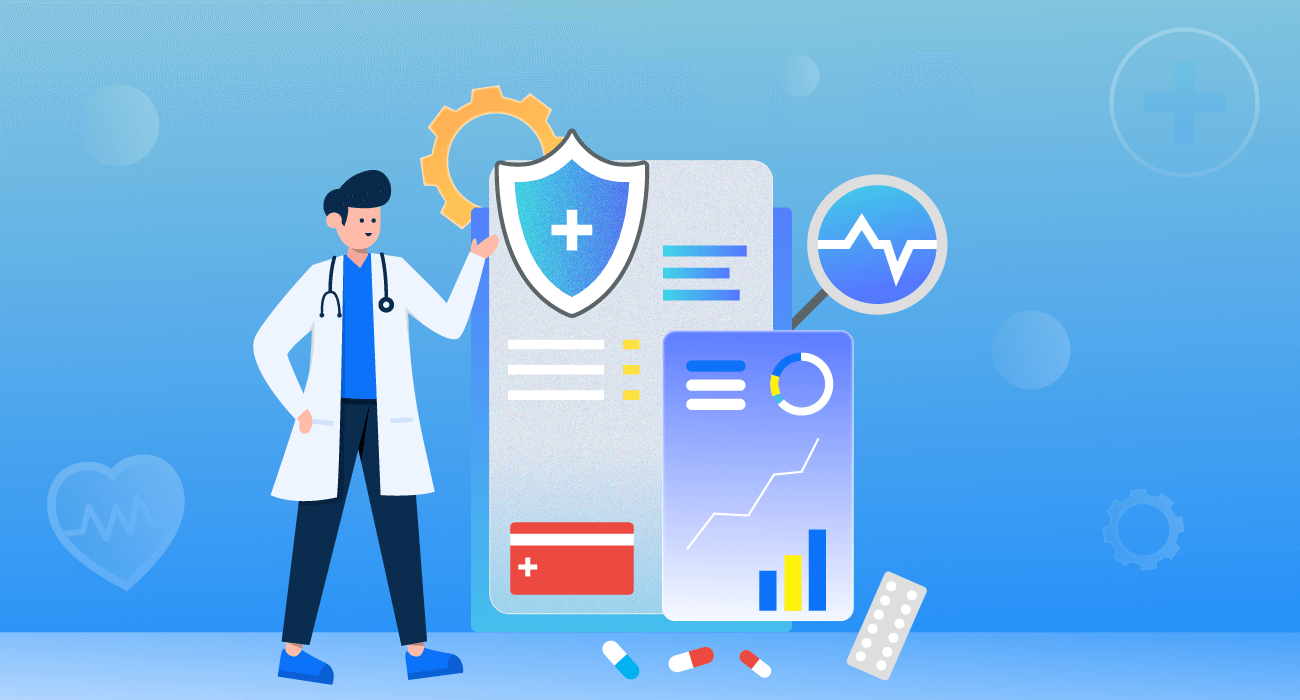
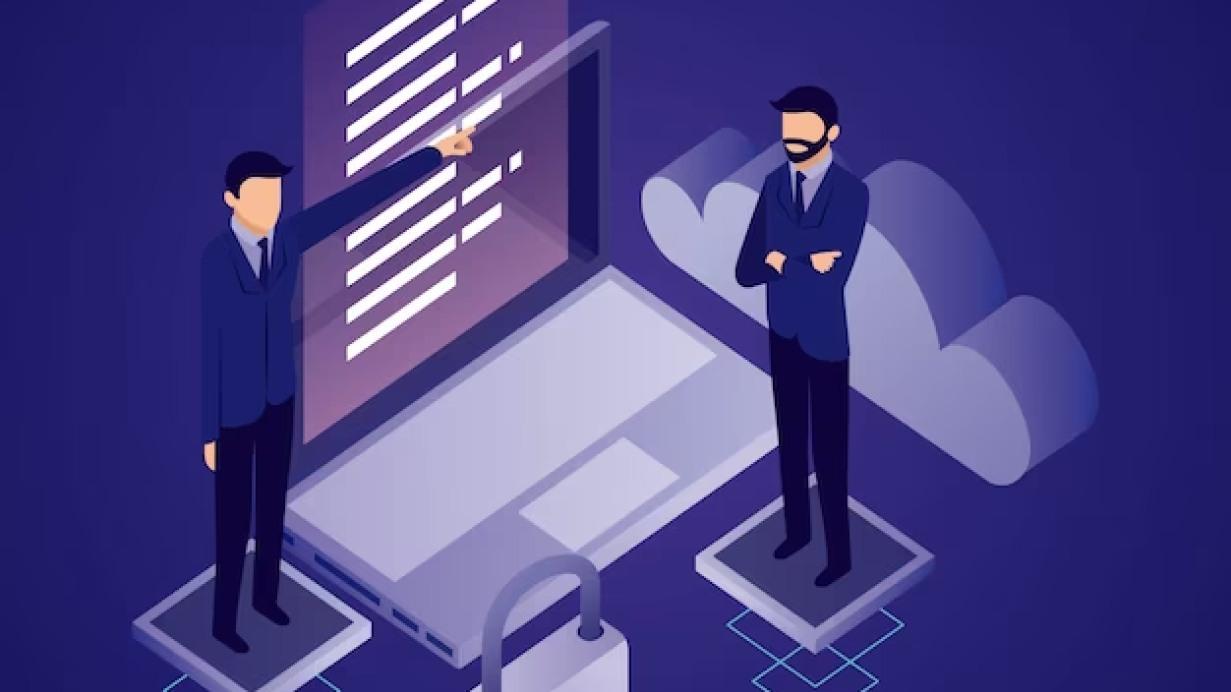











Leave a Reply